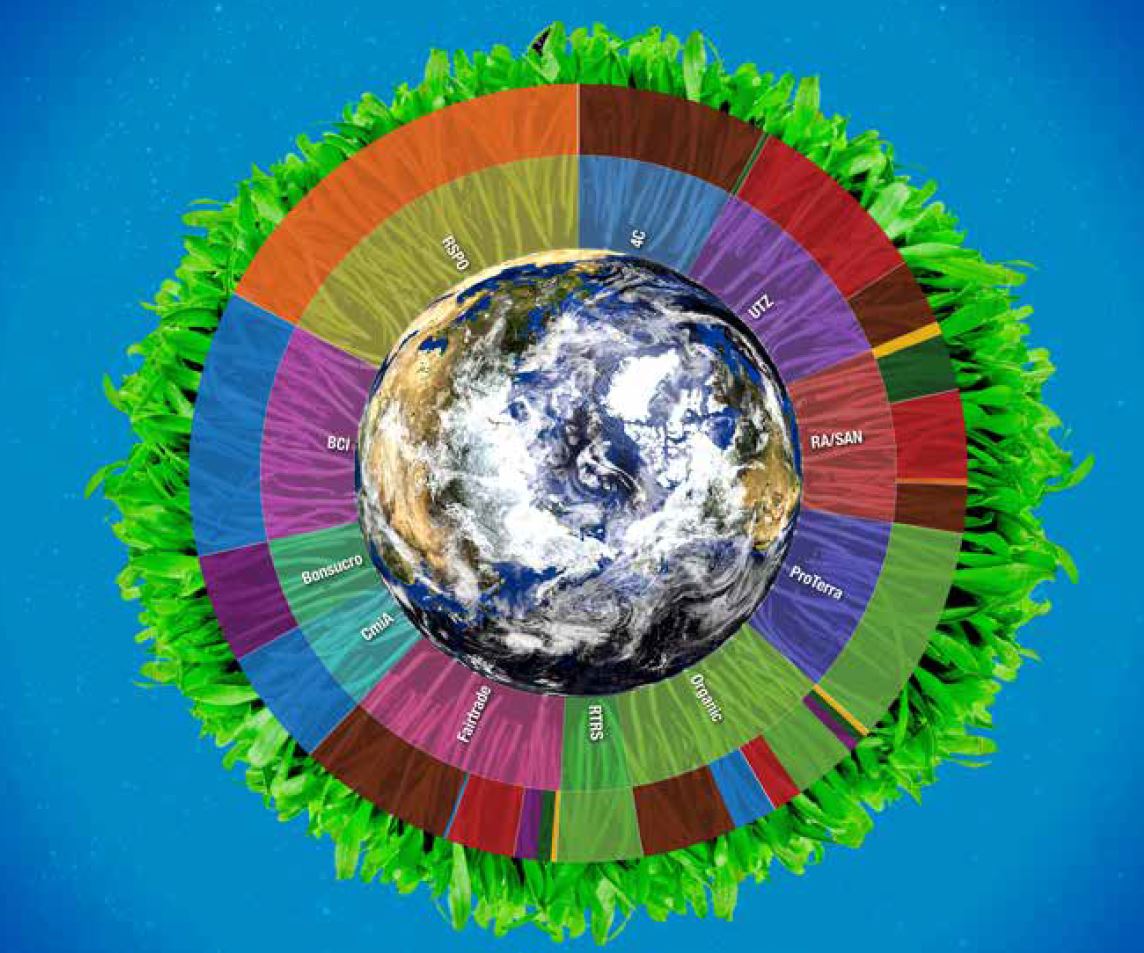At a recent meeting of the World Economic Forum in Davos, HRH Prince of Wales delivered a keynote speech about combating climate change. In the speech one statistic caught my attention: “With consumers controlling an estimated 60% of global G.D.P., people around the world have the power to drive the transformation to sustainable markets.” As a consumer do I really have the power to change the world for the better?
The speech was aimed at governments, businesses and other organisations and was strategic in nature but what is needed is a translation from the high level ideas into to what it means for how we spend our money. The first question that I asked was do I really control 60% of my income? A quick back-of-the-envelop calculation using some average numbers: the UK’s Gross Domestic Product for 2019 was £2.21 trillion pounds and the total tax receipts including VAT was £821 billion pounds which gives around 63% which was left for us to spend as I wish. However, there are certain things that we have to purchase by law for example car insurance and TV licence, and other requirements e.g. house insurance, therefore very roughly it is correct that we control how we spend 60% of our income.
The next question is what exactly is a sustainable market? After all isn’t growing food not sustainable? The farmer grows a crop and holds back some seed to grow the crop the following year. Is that not a form of sustainability? However, with increasing mechanisation and automation in agriculture, with its subsequent increase in the Carbon footprint along with overworking of the soil ( which the experts claim that we only have around 60 years of harvesting left ) it is not as sustainable as I thought. A quick web search produced the following description for sustainable markets: “can be loosely defined as those that contribute to stronger livelihoods and more sustainable environments. In linking with the pursuit of ‘sustainable development’, such markets have a multiple focus on social, environmental and economic outcomes. Sustainable markets aim to reflect the true costs (or externalities) of natural resource degradation, environmental pollution, and promote just and safe labour practices.”
But how do I know that the goods and services that I purchase are sustainable? There are two aspects for any goods or services: how the item is produced and how we consume it. For example buying a DVD: how sustainable is the method of manufacturing, sales, playing it and its final disposal? The same question can be asked about each item that we purchase which can cover hundreds of products and services) ranging from a cup of coffee to holidays. The operation of national and local governments and organisations such as charities can fall under this question. The Prince of Wales emphasis this point in his speech “ … we cannot expect consumers to make sustainable choices if these choices are not clearly laid before them. As consumers increasingly demand sustainable products, they deserve to be told more about product lifecycles, supply chains and production methods. For a transition to take place, being socially and environmentally conscious cannot only be for those who can afford it. If all the true costs are taken into account, being socially and environmentally responsible should be the least expensive option because it leaves the smallest footprint behind. We must communicate better with consumers about the sustainability of the goods, services and investments we offer.”
The Prince of Wales’ keynote speech outlines a ten point plan to achieve sustainable markets which I believe will be a start to combatting climate change and I hope that governments, business and other organisations start to implement ASAP. In the meantime I shall be taking my spending power and asking questions about the sustainability of the products and services that I buy - I will keep you up to date with what I find.
